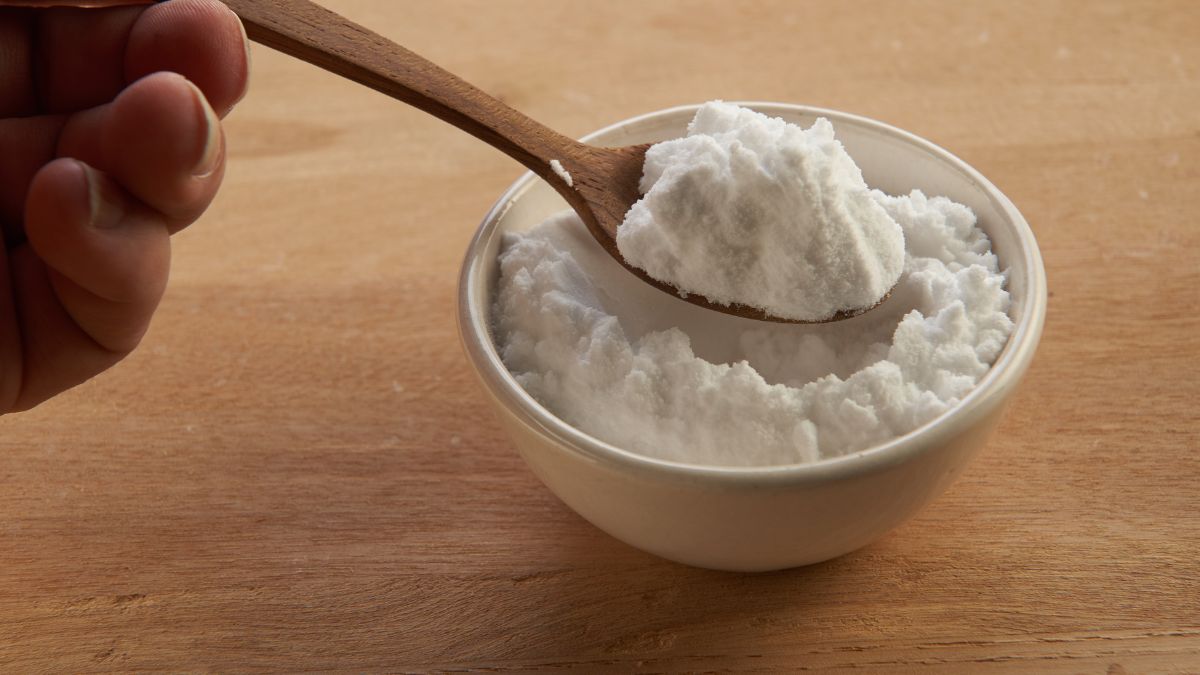Short Answer: Baking soda is bad for diabetes. Because it has sodium and can raise your blood pressure, interfere with your diabetes medications, and cause metabolic alkalosis.
Diabetes is a condition that affects your blood sugar levels and how your body uses and stores glucose.
In diabetes, your body either does not produce enough insulin, or does not respond properly to insulin.
Insulin is a hormone that helps glucose enter your cells and provide energy.
This can lead to various health problems, such as high blood pressure, heart disease, kidney damage, nerve damage, eye problems, and infections.
One of the key factors in managing diabetes is diet.
What you consume can affect your blood sugar levels, which can impact your diabetes symptoms and overall health.
To effectively manage diabetes, you should consume fiber-rich foods like whole grains, fruits, vegetables, and legumes, and avoid refined carbohydrates, added sugars, and saturated fats.
Now, baking soda is a common household product that is also known as sodium bicarbonate.
People usually use it for baking, cleaning, or as a home remedy for various ailments.
Baking soda is bad for diabetes because it contains sodium, which can raise your blood pressure and worsen your cardiovascular risk.
Sodium can also interfere with the absorption of some medications for diabetes, such as metformin.
One teaspoon of baking soda can give you about 1,259 mg of sodium, which is 55% of your daily needs.
Sodium can negatively affect diabetes by increasing your blood pressure, which can damage your blood vessels and organs.
High blood pressure can also reduce the effectiveness of insulin and make your blood sugar harder to control.
Furthermore, baking soda is a base and can alter the pH balance of your body.
This can cause metabolic alkalosis, a condition where your blood becomes too alkaline.
Metabolic alkalosis can cause symptoms such as nausea, vomiting, confusion, muscle weakness, and irregular heartbeat.
That’s why I suggest you limit your baking soda intake to avoid these complications.
Stick to less than 2,300 mg of sodium per day, which is the recommended amount for most adults.
To minimize the risk of metabolic alkalosis, do not take baking soda orally, especially if you have kidney problems or are taking diuretics.
Also, you shouldn’t use baking soda as a substitute for insulin or other diabetes medications, as this can be dangerous and ineffective.
Baking soda does not lower your blood sugar levels or improve your insulin sensitivity.
Instead, it can cause serious side effects and complications.
You can buy baking soda in any grocery store or online.
Always choose pure baking soda and avoid products that contain additives or other ingredients.
Because some of these ingredients may be harmful or interact with your diabetes medications.
You can store baking soda in a cool, dry place for up to 18 months.
Read Next
Finally, remember, maintaining a healthy lifestyle, including a balanced diet, regular exercise, stress management and essential medical care is key to managing diabetes effectively.
I always recommend my diabetes patients to follow a diabetes-friendly diet to improve their overall well-being, and enjoy a longer and healthier life.

